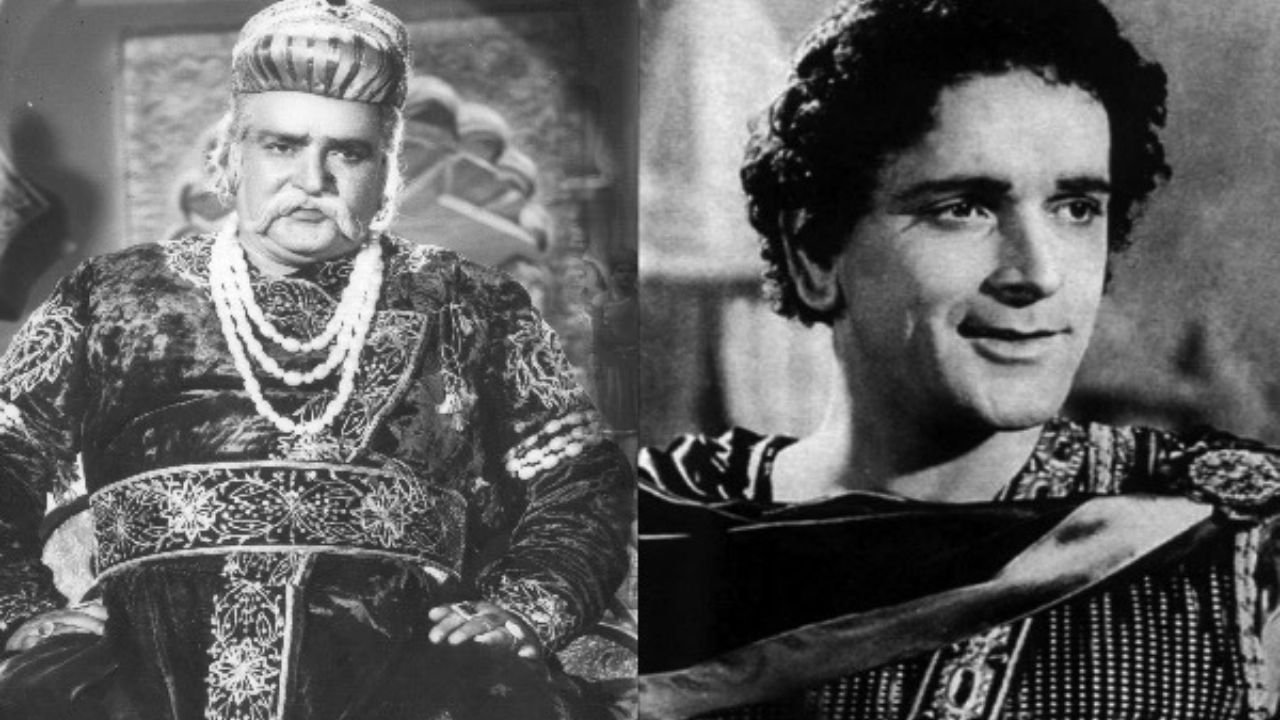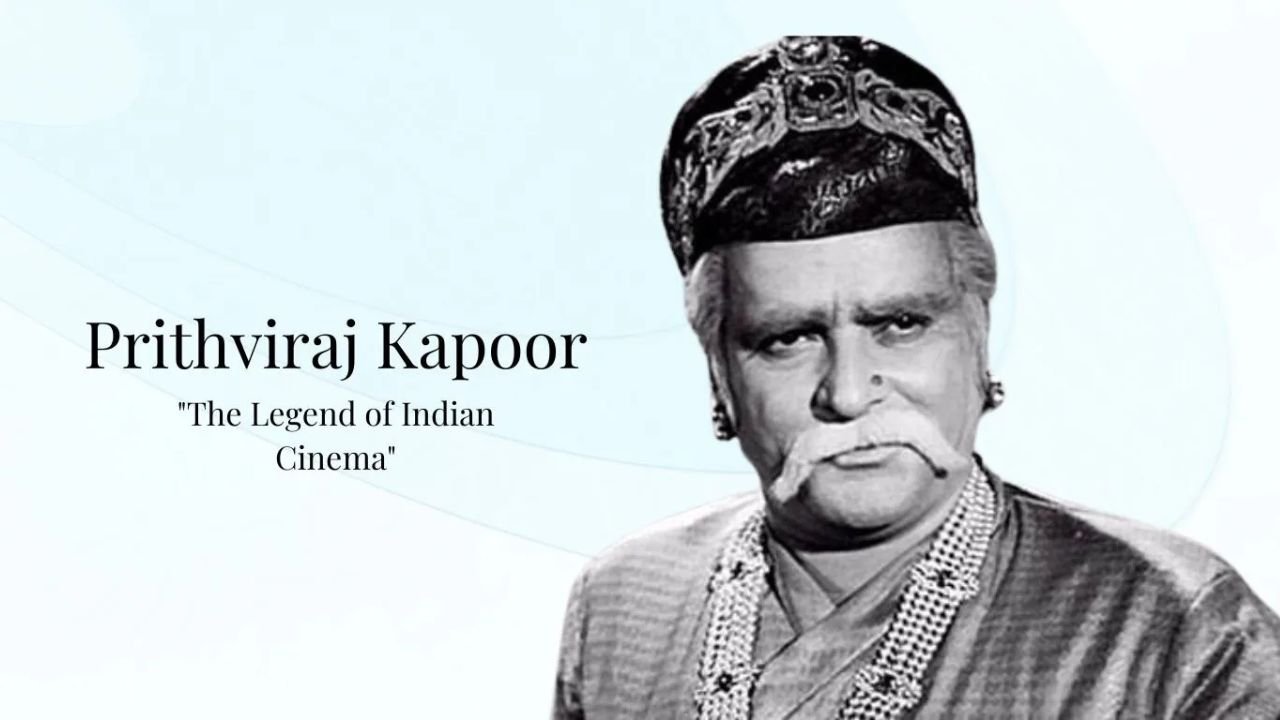Prithviraj Kapoor, born on November 3, 1906, in Samundri, Punjab (now in Pakistan), was one of the most influential figures in Indian cinema. Coming from a modest background, he developed a passion for acting during his college days in Lahore. In 1928, he moved to Bombay (now Mumbai) to pursue his dream. His towering height, deep baritone voice, and strong screen presence made him stand out in an era when silent films were transitioning to talkies.
Breakthrough in Cinema
Prithviraj Kapoor’s film career took off with “Alam Ara” (1931), India’s first talkie, where he played a supporting role. Over the next decade, he became known for his versatility and ability to portray both heroic and complex characters. Some of his notable early works include “Vidya” (1937), “Sikandar” (1941), and “Roti” (1942). In “Sikandar”, his portrayal of Alexander the Great was praised for its regal charm and intensity, cementing his place as one of the leading actors of the time.

Iconic Roles and Timeless Performances
The 1940s and 1950s marked Prithviraj Kapoor’s golden period in cinema. He starred in films like “Mughal-e-Azam” (1960), where he played Emperor Akbar with unmatched authority and dignity. His performance in “Awara” (1951), directed by his son Raj Kapoor, as the principled judge father of the lead character, remains one of his most memorable roles. He also appeared in “Kal Aaj Aur Kal” (1971), alongside his son Raj Kapoor and grandson Randhir Kapoor, making it a landmark film in the Kapoor family legacy.
Contribution to Theatre and Prithvi Theatres
While Prithviraj Kapoor was a celebrated film actor, his love for theatre never faded. In 1944, he founded Prithvi Theatres, a traveling theatre company that staged socially relevant plays across India. His productions like “Pathan” and “Deewar” were not only entertainment but also carried strong social messages. Prithvi Theatres became a training ground for many actors who later became legends in Indian cinema. His dedication to theatre earned him respect as a cultural icon who bridged the gap between stage and screen.
Awards, Recognition, and Legacy
Prithviraj Kapoor’s immense contribution to Indian arts was recognized with the Padma Bhushan in 1969 and the Dadasaheb Phalke Award in 1971, India’s highest award in cinema. He passed away on May 29, 1972, but his legacy continues through the Kapoor family, which has remained a dominant force in Bollywood for generations. His commitment to quality storytelling, whether in films or theatre, laid the foundation for modern Indian cinema.
Prithviraj Kapoor was not just an actor; he was a visionary who shaped the cultural landscape of India through his films and theatre work. His roles in “Mughal-e-Azam”, “Awara”, and “Sikandar” remain etched in history, while Prithvi Theatres continues to inspire new generations of artists. His name stands tall as a pioneer whose artistry transcended time.







